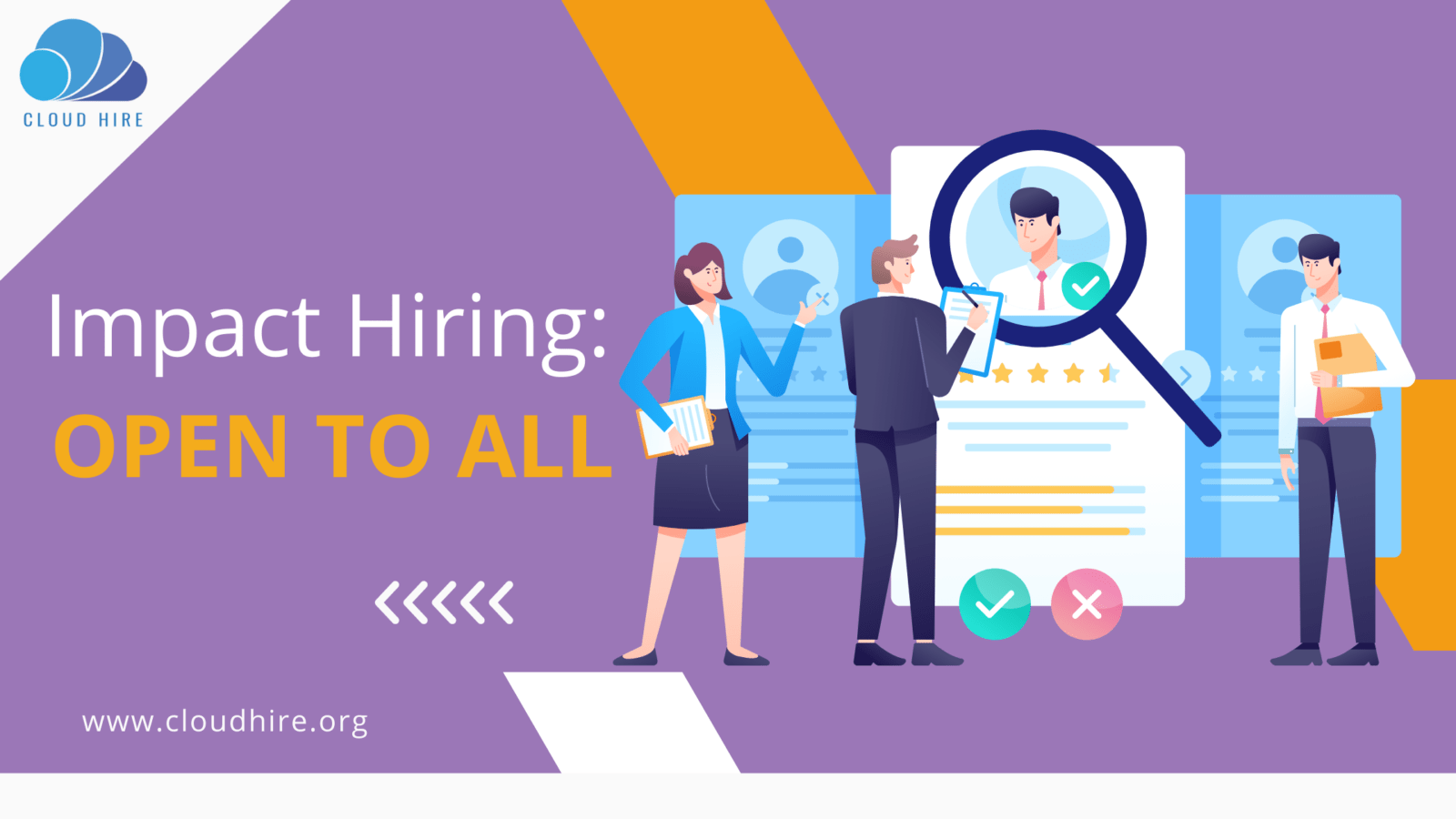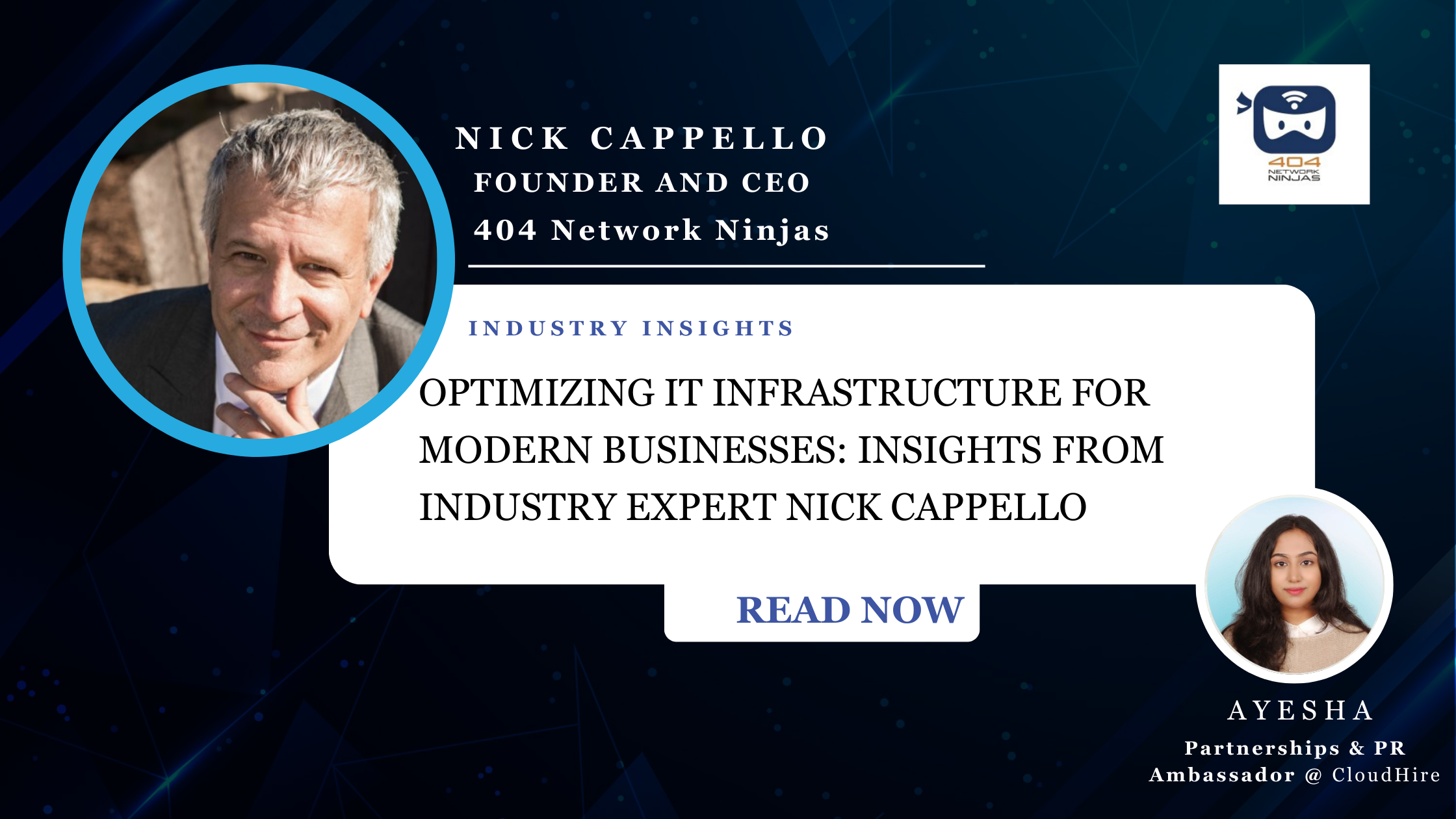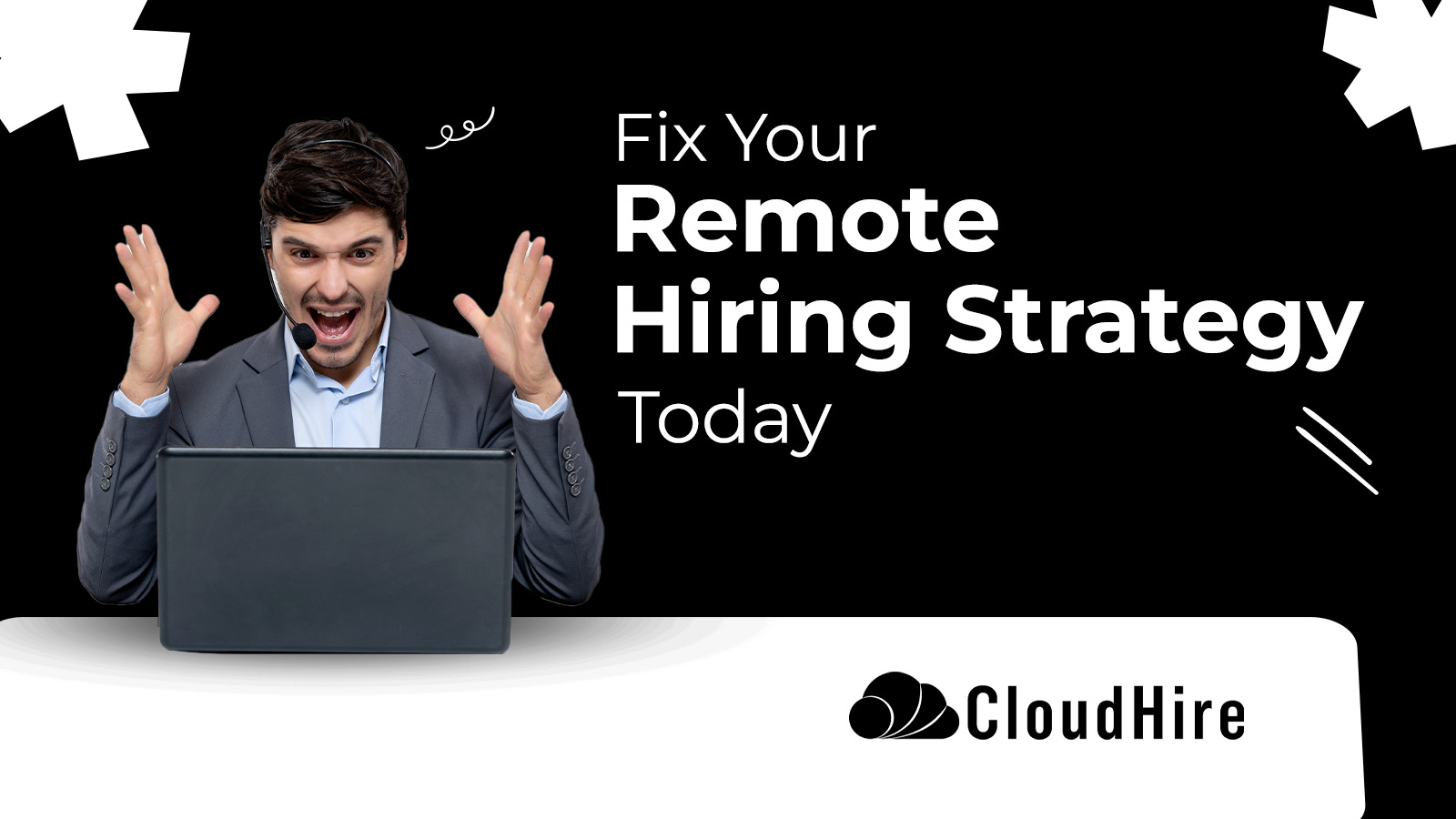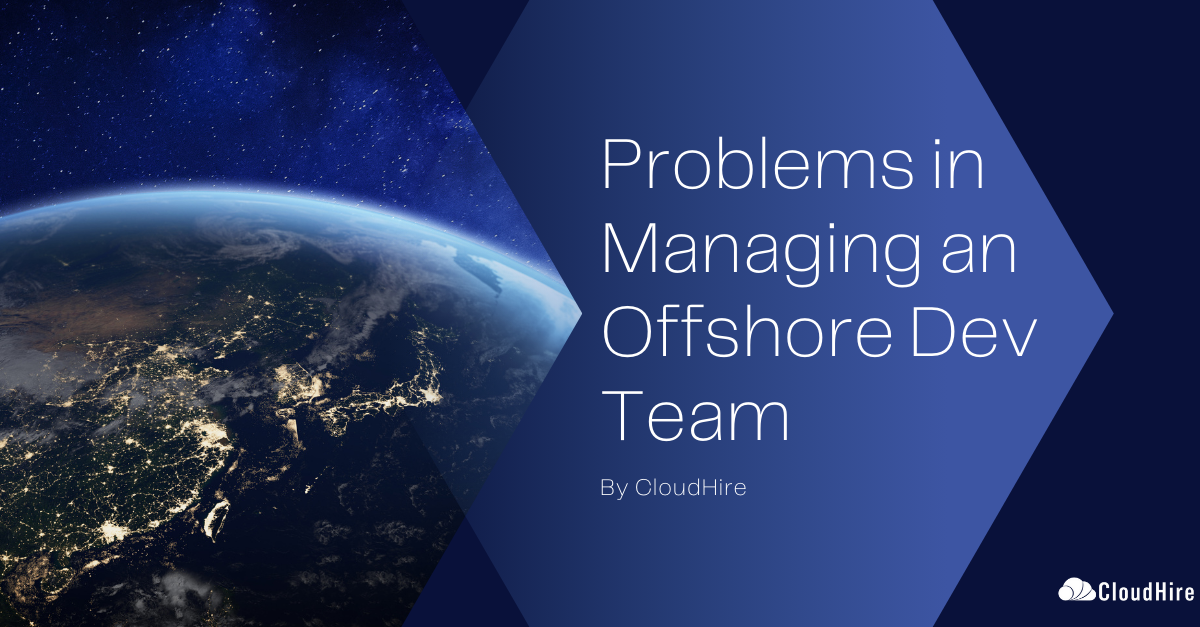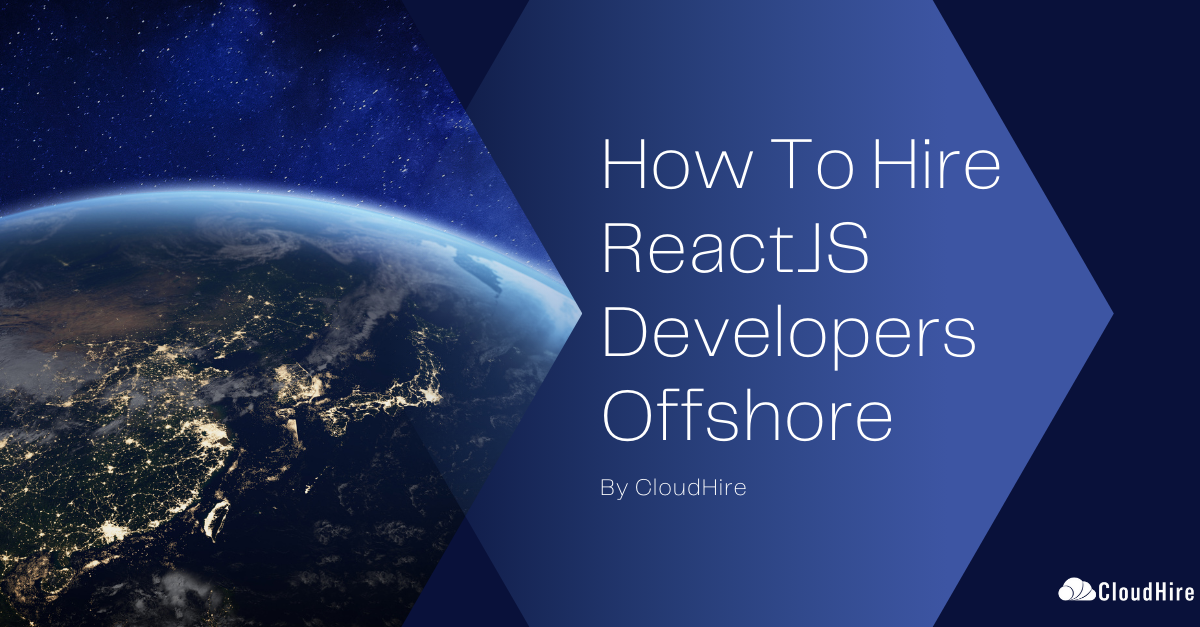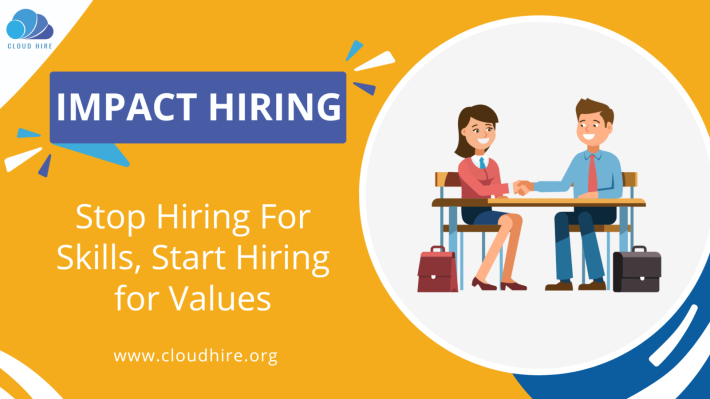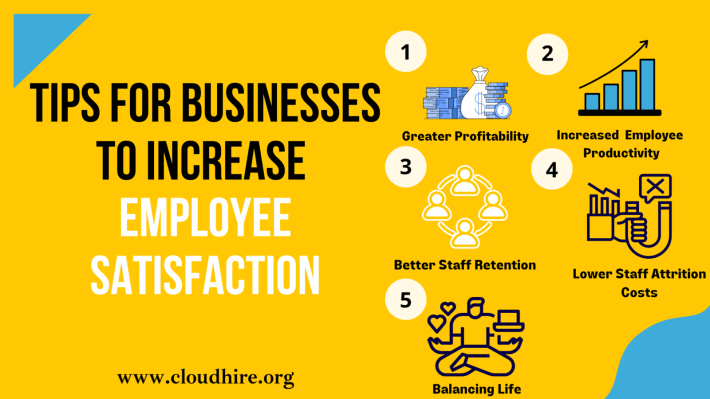Although national unemployment rates have decreased over the past few years, economic opportunity has continued to remain out of reach for many.
Unfortunately, this opportunity gap spans all demographics—not limited to one particular age group or ethnicity—and is something that’s deeply felt by people across the country.
Impact hiring offers a new approach to recruitment, hiring, and retention
It helps employers address their entry-level talent challenges and improve employment outcomes for those who face chronic barriers to opportunity.
Mission-driven work is all around us, and it can have a powerful impact.
What is Impact Hiring?
Impact hiring is an innovative approach for companies to recruit, support, and retain entry-level talent, particularly those candidates who are veterans or moms.
It’s especially advantageous for job hunters who identify as ex-offenders with criminal records or the physically or mentally disabled.
Unemployment, disenfranchisement, and the barriers many marginalized groups face in getting ahead are problems that can perpetuate themselves over generations.
By hiring people who come from hard circumstances and giving them a chance, you can help fight injustice in our society. And your business will benefit by keeping talented workers, reducing turnover costs, and building safer workplaces.
Removing Barriers to Entry-Level Opportunities:
When hiring entry-level positions, employers tend not to focus on the traits that matter most for performance, and which are most differentiators for longer-term advancement.
College degrees are one example of this. Hiring based on job-relevant aptitudes without regard to specific employment criteria can impede access to roles for those who have other employment or experience that better matches these aptitudes.
Research conducted by The Rockefeller Foundation reveals some issues with status quo hiring practices, including the following:
- Entry-level candidates can help solve the challenge employers face in finding talent to fill job openings.
- Nearly half of the employers surveyed said that one of their biggest challenges was finding enough qualified candidates to fill entry-level jobs.
- Screening job applicants in the hiring process based on their college degrees denies those with chronic barriers to economic success the opportunity to enter the workforce and learn new skills while on the job.
- Many recent college students agree that they don’t need to go to college to get the job skills they need. These students are learning on-the-job skills that help them excel in their entry-level roles.
- It’s clear that a college degree is unnecessary for many entry-level jobs.
- And, by requiring a degree as a prerequisite for all jobs, employers are forcing themselves to recruit from a congested talent pool of recent graduates.
Impact Hiring: Open to All
- Organizations that recruit, assess, and support new hires for the long term see impact hiring as a key strategy for success. Here are some shared characteristics:
- Impact hiring is the core of their entry-level talent and recruitment strategy.
- They focus on identifying and hiring the most talented candidates.
- The source, engage and assess candidates who have been disenfranchised.
- The success of your employees depends largely on two things: how they assess candidates, and how they support those who are successful.
- The company positions employees for success and growth in their roles.
- They’re integrating data into their impact hiring strategy to drive learnings about the entry-level talent pool and make an even greater impact.
- They focus attention on the hiring of employees who have a high impact on society.
- They have developed a method to scale their impact-hiring programs.
4 Steps to Implement an Impact Hiring Strategy:
Impact hiring is a great way to bring valuable new people into an organization and support your mission. Getting started with impact hiring doesn’t have to be hard work, either.
Impact hiring works. And everyone knows it takes hard work to put plans into action. But you can get an impact hiring strategy off the ground and incorporated into your organization’s culture with relative ease.
To develop an impact hiring strategy, four steps are essential:
- Design a team of senior-level leaders from different departments to sponsor and lead the development of your company’s impact hiring strategy.
- Assign a motivated individual to head strategy development.
- To work an impact hiring strategy effectively, learn how to measure and create metrics that tell you what works and what can be scaled.
- The strategy development team should get to know the individuals hired through an impact hiring strategy personally to gain a better understanding of their needs and experiences.
CloudHire encourages hiring teams to focus on three areas of impact hiring: diversity, inclusion, and social mobility.
All of these areas can be beneficial as a way to boost employee engagement, foster loyalty, and instill a sense of pride in the organization.
Impact Hiring is “an increasingly important consideration for employers committed to driving company success through business growth”.


